TTCSIRT-122.052118: TT-CSIRT Advisory – Thunderbird Security Updates
Mozilla has released a security update stating that multiple vulnerabilities have been identified in Mozilla Thunderbird:
a) Multiple memory corruption vulnerabilities which could result in arbitrary code execution – (CVE-2018-5150).
b) A use-after-free vulnerability can occur while enumerating attributes during SVG animations with clip paths. This results in a potentially exploitable crash – (CVE-2018-5154).
c) A use-after-free vulnerability can occur while adjusting layout during SVG animations with text paths. This results in a potentially exploitable crash – (CVE-2018-5155).
d) An integer overflow can occur in the Skia library due to 32-bit integer use in an array without integer overflow checks, resulting in possible out-of-bounds writes. This could lead to a potentially exploitable crash triggerable by web content – (CVE-2018-5159).
e) Crafted message headers can cause a Thunderbird process to hang on receiving the message – (CVE-2018-5161).
f) Plaintext of decrypted emails can leak through the src attribute of remote images, or links – (CVE-2018-5162).
g) Sites can bypass security checks on permissions to install lightweight themes by manipulating the baseURI property of the theme element. This could allow a malicious site to install a theme without user interaction which could contain offensive or embarrassing images – (CVE-2018-5168).
h) It is possible to spoof the filename of an attachment and display an arbitrary attachment name. This could lead to a user opening a remote attachment which is a different file type than expected – (CVE-2018-5170).
i) Using remote content in encrypted messages can lead to the disclosure of plaintext – (CVE-2018-5184).
j) Plaintext of decrypted emails can leak through by user submitting an embedded form – (CVE-2018-5185).
Successful exploitation of the most severe of these vulnerabilities could allow for arbitrary code execution.
In addition, depending on the privileges associated with the user, an attacker could then install programs, view, change, delete data and create new accounts with full user rights.
| Further information on these vulnerabilities and how they can be mitigated can be found at https://www.cisecurity.org/advisory/multiple-vulnerabilities-in-mozilla-thunderbird-could-allow-for-arbitrary-code-execution_2018-058/ |
